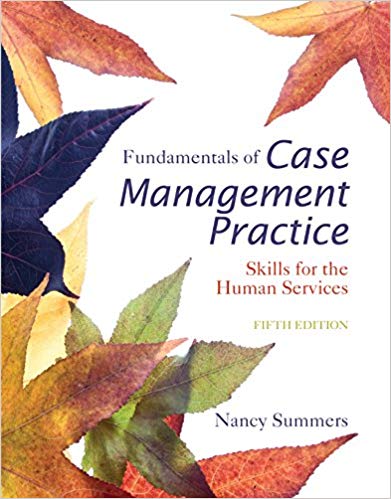Question
Bob is a 41-year-old man with a moderate intellectual disability. You work in the 24-hour support group home where Bob lives. Recently, Bob has been
Bob is a 41-year-old man with a moderate intellectual disability. You work in the 24-hour support group home where Bob lives. Recently, Bob has been experiencing increasing incidents of"angry outbursts" directed at staff and peers. Bob has a seizure disorder, which is well-controlled with medication; however, his family has become concerned about the potential impact on his seizures from drinking large quantities of caffeine. After a recent consultation with his physician, it was recommended that all caffeine be discontinued from his diet. Bob usually drinks about four cans of caffeinated beverages a day: two while at work and another two in the evening. Following the appointment, his residential staff replaced these beverages with caffeine-free versions of the same brand. It was at this time that Bob's behavioral outbursts and verbal threats directed towards the staff started. The staff has expressed concern regarding Bob's ability to maintain employment and his current residential placement. His verbal outbursts continue. You are a DSW(s) working in Bob's group home. One evening after returning home from work, Bob tells you that he wants to talk to you about the "drink thing." During your conversation, it becomes clear that he does not view the problem the same as his family and the residential team. He tells you that he enjoys the drinks with caffeine and can taste the difference when staff give him the "healthy ones." During the conversation, Bob begins to cry and says that he hates the staff that controls him and treats him like a baby." He says that he is "an adult who can make his own decisions." Before he leaves, Bob says that he is scared because he knows he is"in trouble" due to his recent behavior and worries you might tell the rest of the team what he has said, which would get him in more trouble. Question
1: As a helper supporting Bob, what do you feel is his presenting problem or issue in this situation? Explain why you feel this is the main problem or issue.
2. Provide a reflective listening statement that you might use with Bob to demonstrate understanding of his presenting problem and check for clarification
3. Describe one short-term goal that could be set to move Bob towards his objective. Include criteria that could be used to evaluate his progress.
4. Describe how you would end your helpful interaction with Bob.
Step by Step Solution
3.45 Rating (158 Votes )
There are 3 Steps involved in it
Step: 1
1 Outlining the issue or problem Bobs primary concern is his unwillingness to give up coffee which causes him to have behavioral outbursts and confron...
Get Instant Access to Expert-Tailored Solutions
See step-by-step solutions with expert insights and AI powered tools for academic success
Step: 2

Step: 3

Ace Your Homework with AI
Get the answers you need in no time with our AI-driven, step-by-step assistance
Get Started


